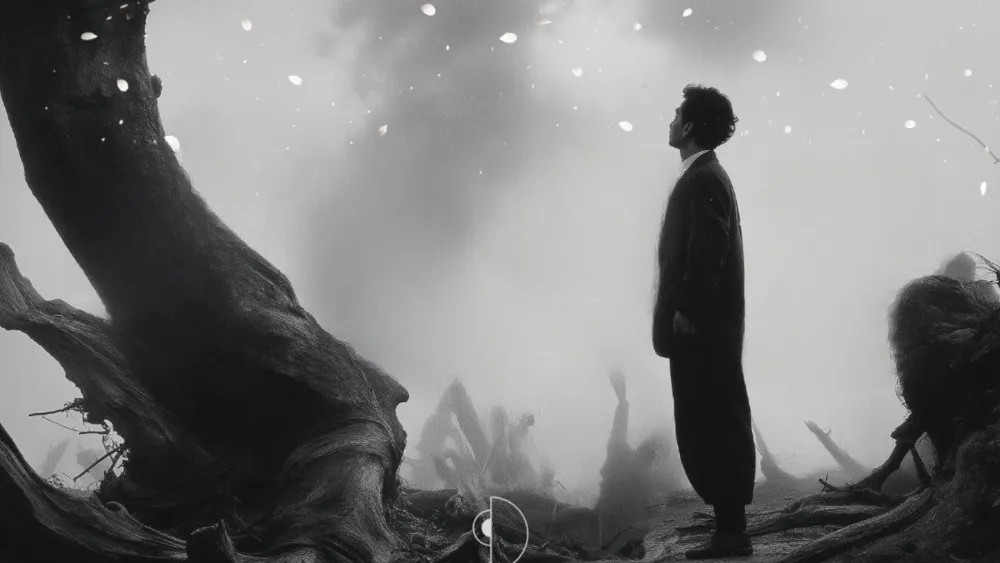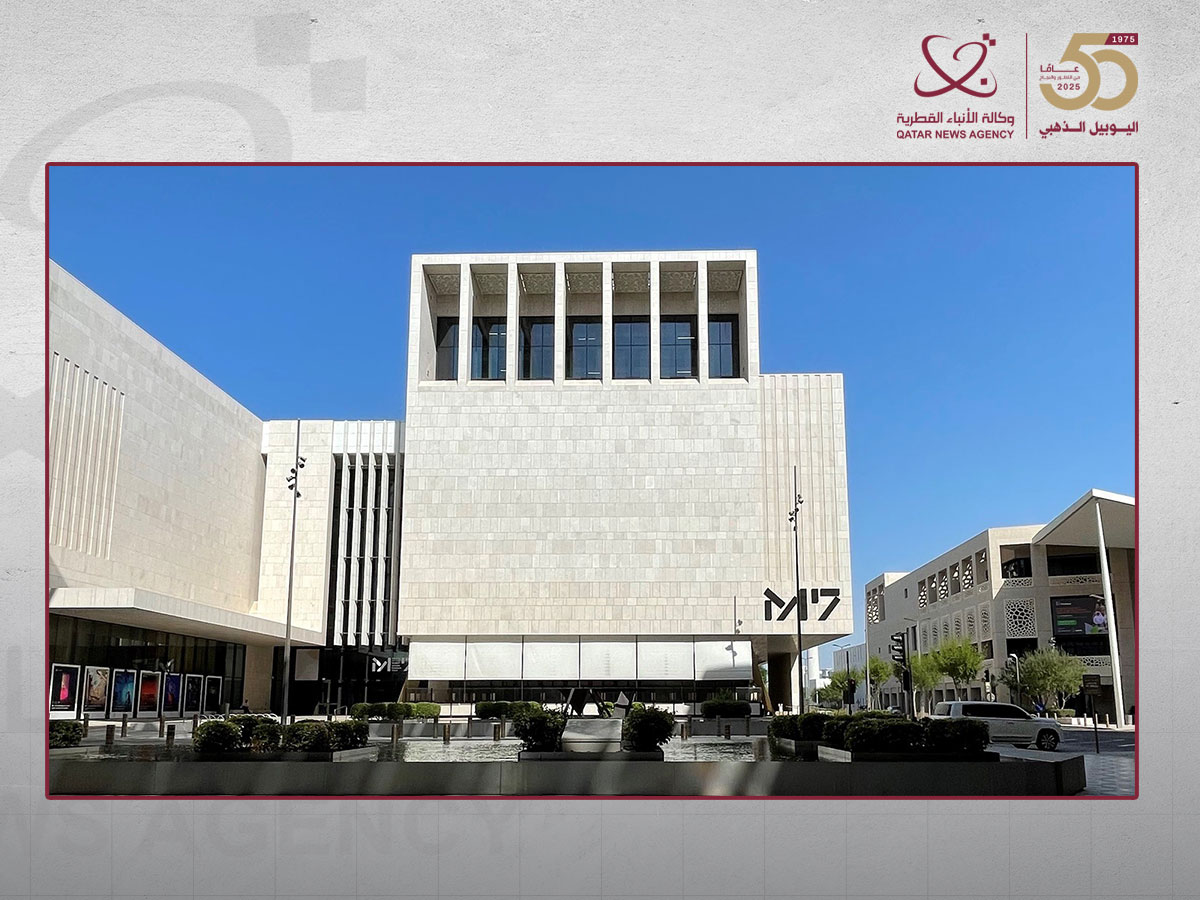Copyright Variety

Blending history, romance, and cross-cultural collaboration, Taiwan–Japan series “Love Ends in Bloom” reflects on identity, memory, and shared Asian heritage. “Love Ends in Bloom” began as a reflection by executive producer Chang Chen-yu on a trip back to his hometown in Chiayi. In 2023, he returned to find the city’s railway station under renovation, sparking memories of Taiwan’s forestry and railway history. Inspired by these roots, Chang collaborated with screenwriter Juliana Hsu, whose great passion for history helped shape the project’s foundation. From this sense of nostalgia for home, “Love Ends in Bloom” began to take form. In the wake of the pandemic, Chang was struck by the shifting roles of Asian countries on the global stage. “Despite our proximity, Taiwan, Japan, and Korea are rarely seen together in one narrative,” he notes. Set against this reflection, the series draws from historical realities to imagine a family that transcends national and temporal borders — questioning whether “Asia” can be seen as an emotional community within storytelling itself. Screenwriter Juliana Hsu conducted extensive historical research during development. “My goal was to position Taiwan within the broader context of East Asian history,” Hsu says, “and to express its crucial role in Japan’s imperial expansion through a love story.” Set during the Japanese colonial period — when Taiwan’s cypress industry thrived — the series portrays a world built by men yet seen through the eyes of a Japanese woman. It explores a story that crosses boundaries of geography, gender, morality, class, and culture, weaving themes of resistance and awakening into a hauntingly beautiful romance. Executive producer Chang adds, “We plan to invite directors from both Taiwan and Japan. On the Taiwan side, Sun Jie-heng, director of the wartime historical drama “Three Tears in Borneo” (2023), will lead. Discussions are ongoing with several Japanese directors to ensure a strong and balanced creative team.”



